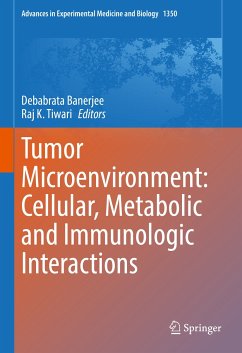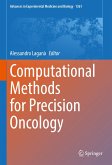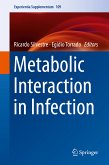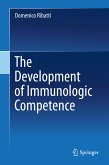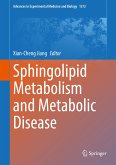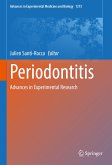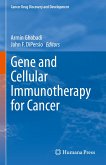Over the past decade, the tumor microenvironment has become one of the most important research areas in cancer biology, as cells within the tumor microenvironment, despite being outnumbered by healthy cells, are able to evade surveillance and immune-mediated destruction. While researchers have learned a great deal about the cellular and structural makeup of the tumor microenvironment, there has been a growing understanding of the metabolic interplay between the tumor microenvironment's various cellular constituents and how each of them contributes to overall tumor growth and metastases. This new volume will guide researchers, students, oncologists and academics through a rapidly developing and changing field with a thorough understanding of tumor microenvironment biology from a cellular, structural, metabolic, and immunological perspective.
Dieser Download kann aus rechtlichen Gründen nur mit Rechnungsadresse in A, B, BG, CY, CZ, D, DK, EW, E, FIN, F, GR, HR, H, IRL, I, LT, L, LR, M, NL, PL, P, R, S, SLO, SK ausgeliefert werden.

